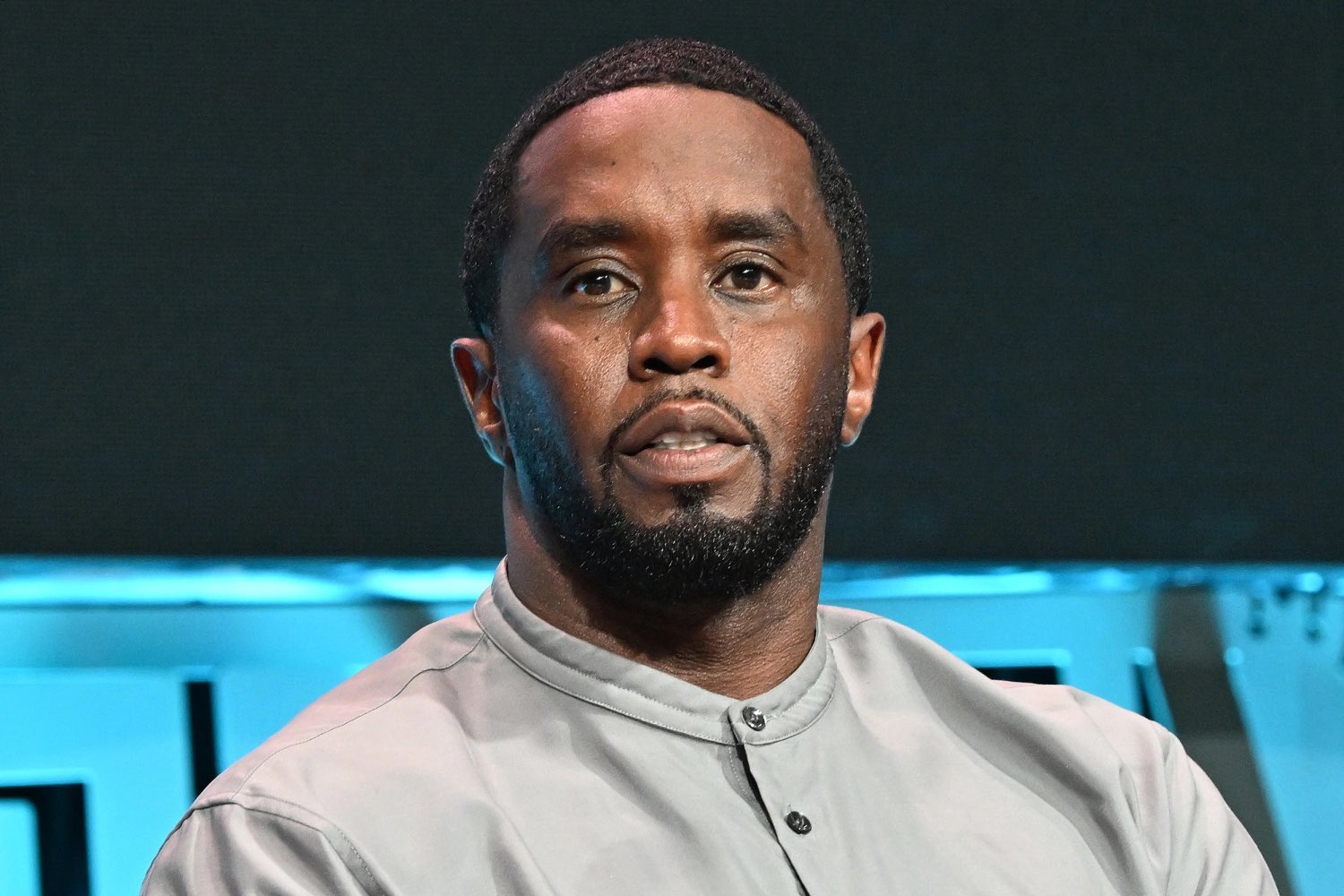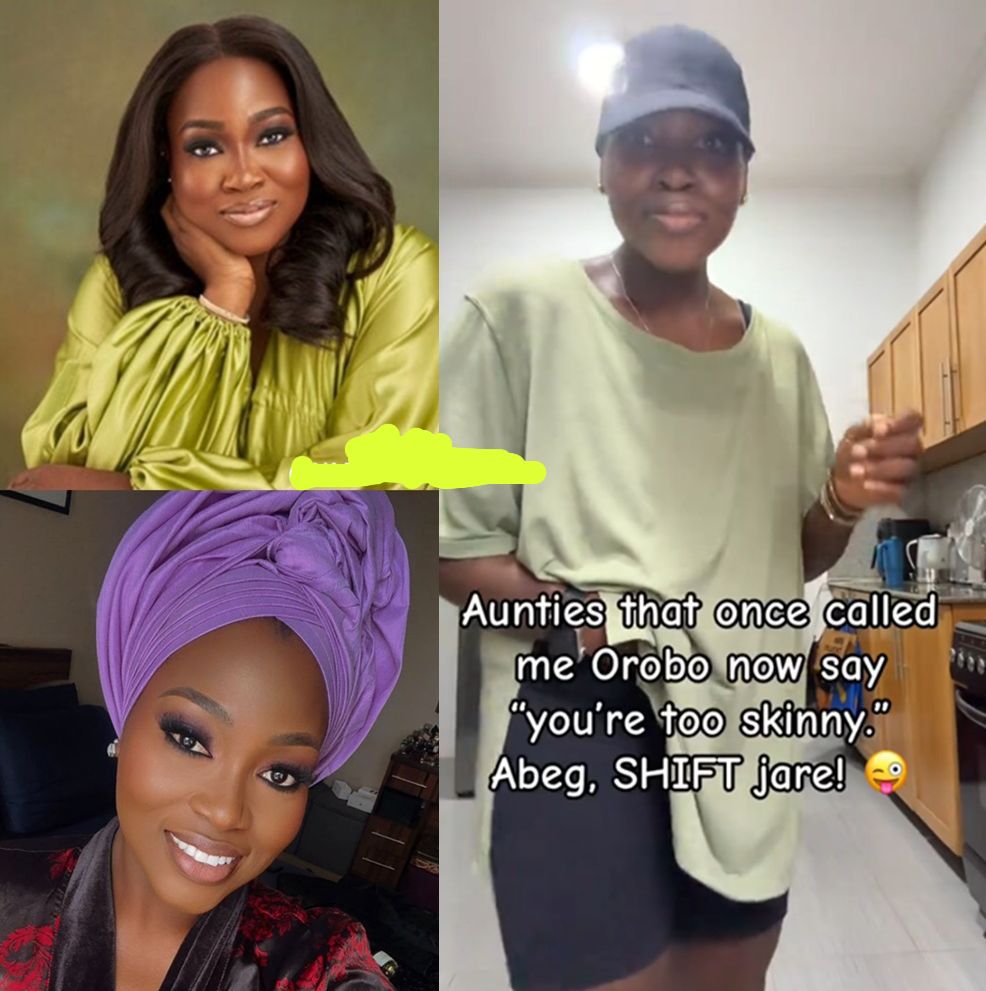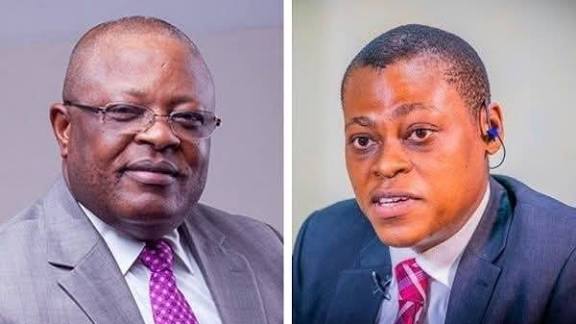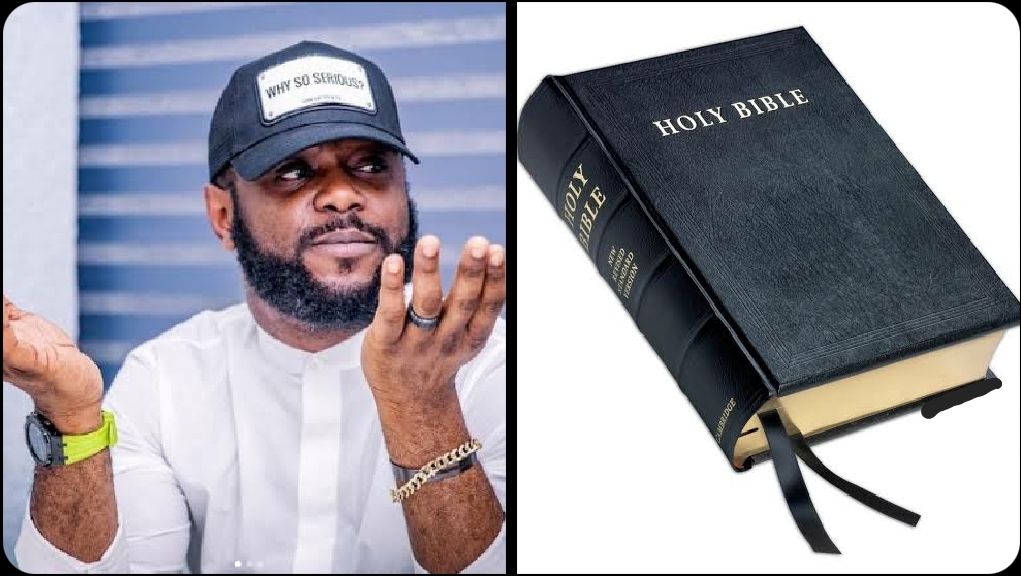
Sean “Diddy” Combs Sentenced to 50 Months in Prison, Nigerians React with Shock and Humor

The curtains finally fell on one of the most sensational celebrity trials of the decade as music mogul Sean “Diddy” Combs was sentenced to 50 months in federal prison, alongside a $500,000 fine, in what many are calling a dramatic twist of fortune.
The hip-hop billionaire, whose empire has long been built on music, nightlife, and luxury branding, stood accused in a 2025 trial that gripped global attention. The case, born out of explosive 2024 allegations of abuse, coercion, and sex trafficking, had threatened to erase Diddy’s legacy forever.
For months, the courtroom became a theater of spectacle. Prosecutors painted Diddy as a shadowy puppeteer orchestrating a world of intimidation and exploitation, while his defense team fought back with a ruthless precision that reminded observers just how far money and influence can bend the arc of justice.
The most damning accusations—racketeering and sex trafficking—were thrown out by the jury, a decision that shocked victims’ advocates but also underscored the razor-thin line prosecutors walked in trying to convict a cultural giant.
What remained were two counts of transportation for prostitution—serious but far less devastating charges. Even so, federal guidelines had suggested a heavier sentence, one that could have extended closer to a decade. Instead, Diddy emerged with just over four years, a punishment that some critics are already labeling “a celebrity discount.”
Media coverage across the United States has been relentless, with newspapers and cable talk shows dissecting the verdict. Commentators pointed out that if not for the legal acrobatics of Diddy’s defense, the Bad Boy Records founder might have been staring down life in prison. One CNN analyst noted bluntly: “This is what happens when billions meet the courtroom. Life becomes 50 months.”
But perhaps the loudest reactions came from far beyond American borders. In Nigeria, where Diddy has long enjoyed cult admiration thanks to his influence on global hip-hop, the news landed with a mix of disbelief, mockery, and cultural comparison. The moment Instablog9ja reposted the story, the comment section turned into a frenzy of wit and outrage.
“America starting to look like Naija,” one user scoffed, suggesting that the sentence echoed the kind of perceived selective justice Nigerians often complain about at home. Another comment, dripping with sarcasm, read: “If na Nigeria, bros for still dey Kirikiri when him great-grandchildren don dey grow beards.” Others poked fun at the fine itself, with a viral reply saying: “$500,000 fine? That’s fuel subsidy money. Na small change for am.”
Humor aside, the Nigerian reaction revealed something deeper. The case became a mirror through which many Nigerians examined their own justice system, where wealth and connections often appear to tilt the scales. The parallels were too glaring for the online audience to ignore: a rich and powerful man facing serious charges, only to walk away with what many viewed as a slap on the wrist. In the words of one popular comment: “Different country, same story. Money na universal passport.”
For Diddy, however, the fall is undeniable. Once celebrated as the unstoppable force of the “shiny suit” era, the man who turned Bad Boy Records into a cultural empire is now branded a convicted felon. Endorsement deals have evaporated, business partnerships have been frozen, and artists who once hailed him as a mentor are quietly distancing themselves. The sentencing may not have given prosecutors the victory they craved, but it has cemented Diddy’s status as a cautionary tale in the volatile intersection of celebrity, wealth, and accountability.
Still, the defense’s win was remarkable. By shredding the racketeering and sex trafficking claims, Diddy’s lawyers spared him from the kind of punishment that would have erased his future entirely. Instead, barring unforeseen complications, he will serve less than five years—a manageable period for a man whose empire still commands resources, influence, and loyalists across multiple industries.
Yet, the public debate rages on. Victims’ rights groups argue the sentence sends the wrong message, reinforcing the idea that celebrities play by different rules. Legal experts counter that the court’s role is not to appease outrage but to follow the evidence, and in that regard, the jury made a clear distinction between unproven allegations and proven crimes.
Back in Nigeria, though, such legal nuance hardly softened the mood. The memes, the banter, and the biting commentary rolled on. Screenshots of the sentence were turned into jokes about Nigerian politicians, jokes about corruption, and even jokes about “bail conditions” in Lagos police stations. In typical fashion, Nigerians processed the news with equal parts sharp humor and unfiltered truth-telling.
For now, Diddy’s fate is sealed. He will trade penthouses for prison walls, red carpets for grey uniforms. His story will be studied not just as another celebrity scandal but as a global flashpoint in the discussion of justice, privilege, and public perception. From New York courtrooms to Lagos comment sections, one thing has become clear: Sean Combs’ name may never carry the same shine again.
But whether the sentence is seen as mercy, manipulation, or measured justice, history will remember this moment. And in Nigeria—where pop culture, politics, and public opinion dance hand in hand—the story of Diddy’s downfall has already been woven into the tapestry of everyday gist.


